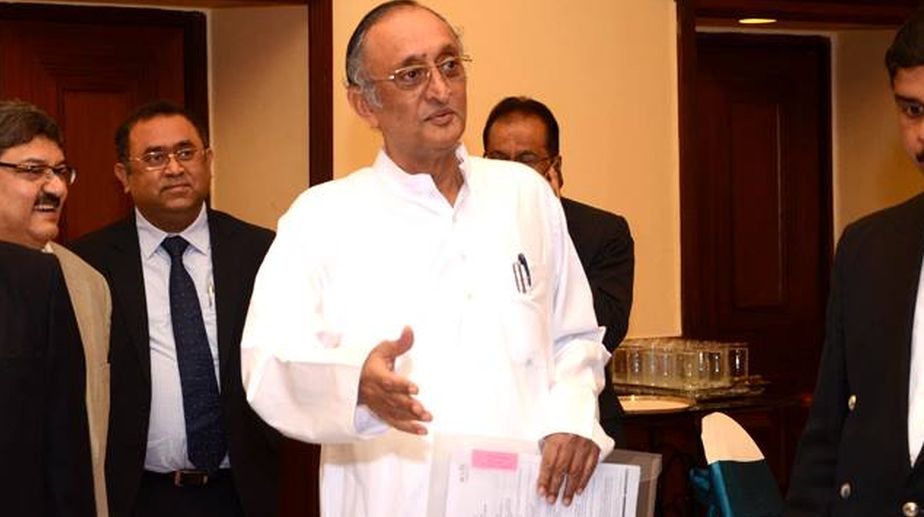Lok Sabha Election 2024, Phase 1: Voting on 102 seats underway
In the first phase of Lok Sabha elections 2024, as many as 102 constituencies spanning across 21 states and Union Territories will elect their new MPs.

West Bengal Finance Minister Amit Mitra (Photo: Facebook)
Criticising the Narendra Modi government’s demonetisation move, West Bengal Finance Minister Amit Mitra on Wednesday said the note ban move affected the agro-economy badly and he has set aside Rs 100 crore to avoid any distress sale of agricultural produce.
“With the excessive agricultural productions, the prices of agro commodities fall and farmers have no alternative but to sell their produce at lower prices. They face a financial crunch.
“In order to avoid the distress sale and ensure proper prices for farmers’ produce, the Chief Minister (Mamata Banerjee) proposed a special fund. I propose Rs 100 crore for this special fund,” he said while presenting the state budget for financial year 2018-19.
Advertisement
Mitra said that the agro economy depends on the cash driven transactions due to “lack of banking services in the rural areas” and it was “badly affected due to the centre’s demonetisation move”.
He also claimed the state ensured creation of 8.92 lakh employment opportunities in the state during the current fiscal, despite the demonetisation blow and unplanned implementation of Goods and Services Tax (GST) by the Centre.
In view of the upcoming Panchayat elections in the state, Mitra emphasised on agriculture and rural areas in his budget proposals though Banerjee claimed state budget focused only on “development agenda”.
Presenting a budget for 2018-19 sans any fresh taxes, he also proposed exemption on mutation fee in case of selling of farm land for agricultural activities, and increasing pension benefits for old agricultural workers.
Admitting that the tea industry was reeling under pressure, Mitra said the small tea growers were yet to come up from the hardship they had faced and in order to help the sector, proposed “full exemption” on the agricultural income taxes for tea gardens for the next two financial years.
Mitra also removed the education and other cess on the tea production.
To boost the real estate sector, particularly the housing segment, he proposed to reduce stamp duty fee by one per cent on the value of wealth worth Rs 40 lakh to Rs one crore.
“With the implementations of the proposals, the stamp duty fee on the value of wealth worth Rs 40 lakh to Rs 1 crore, will be five per cent in the rural areas from the existing stamp duty fee of six per cent while in the urban areas the same will be six per cent from the existing rate of seven per cent,” he said.
With the state has been spending Rs 1,200 crore annually for benefits of girls’ educations including the Kanyashree project, Mitra also proposed a new project – Rupashree – for assisting families with annual income less than Rs 1.5 lakh for the marriage of eligible women of these families.
“I allocate Rs 1,500 crore for the Rupashree project and with this project, six lakh families will be benefitted annually,” he said.
He also proposed a new pension scheme for disabled persons with the objective to provide monthly pension of Rs 1,000 for two lakh disabled persons and allocated Rs 250 crore for this scheme.
Advertisement